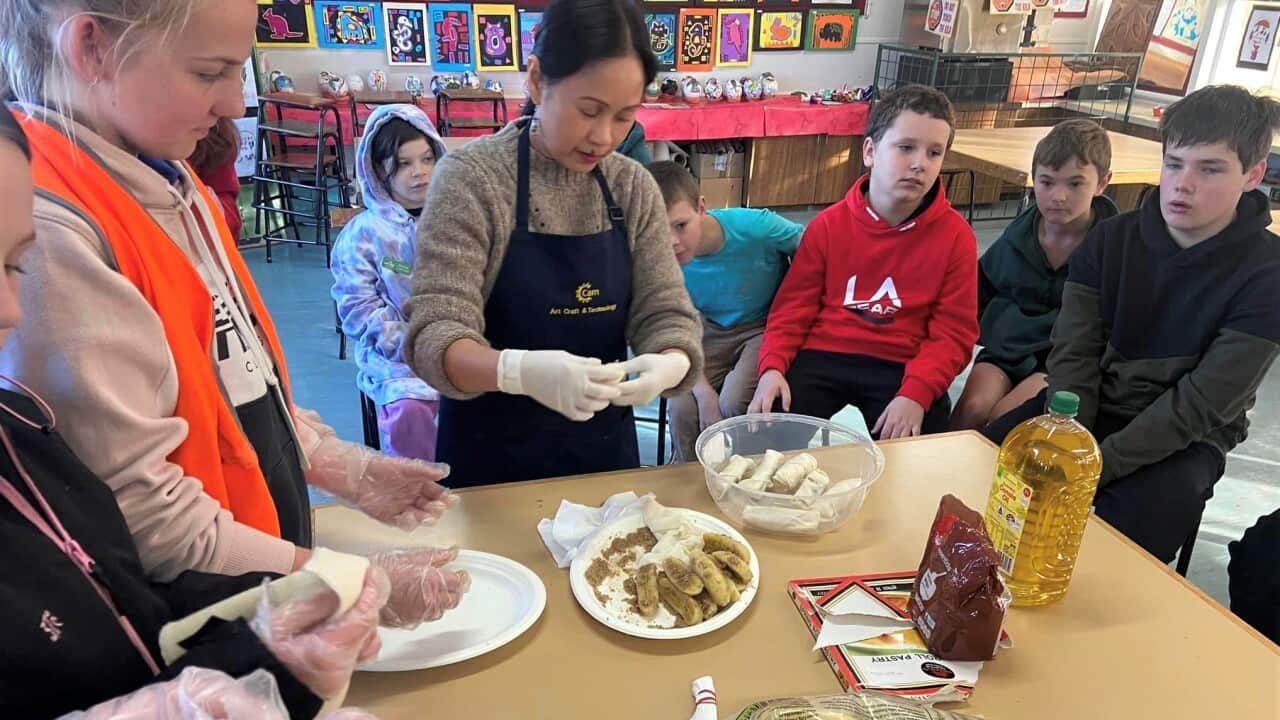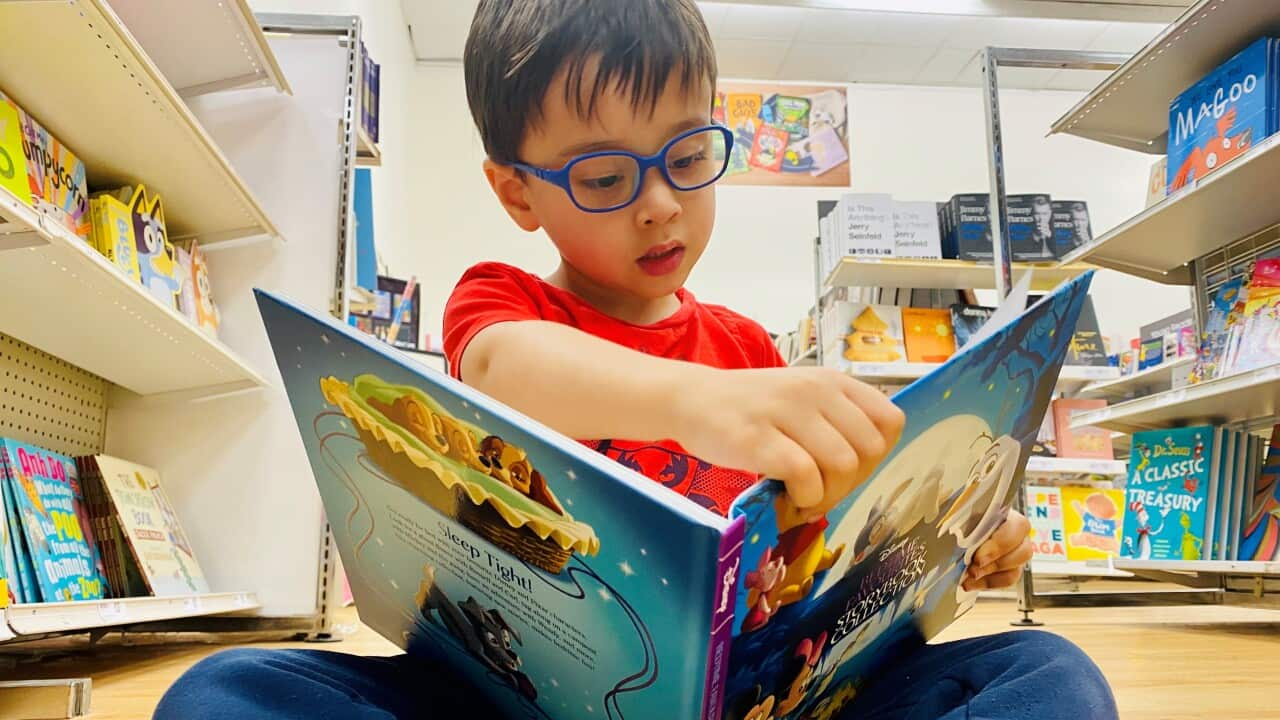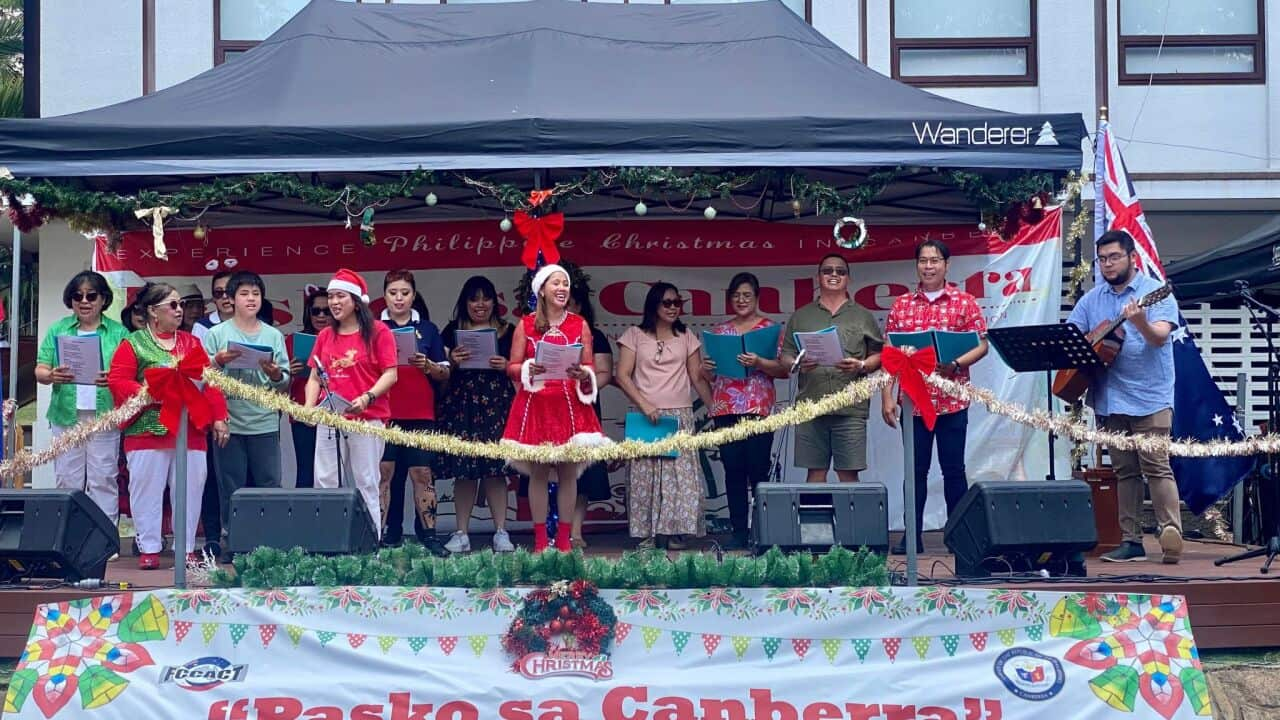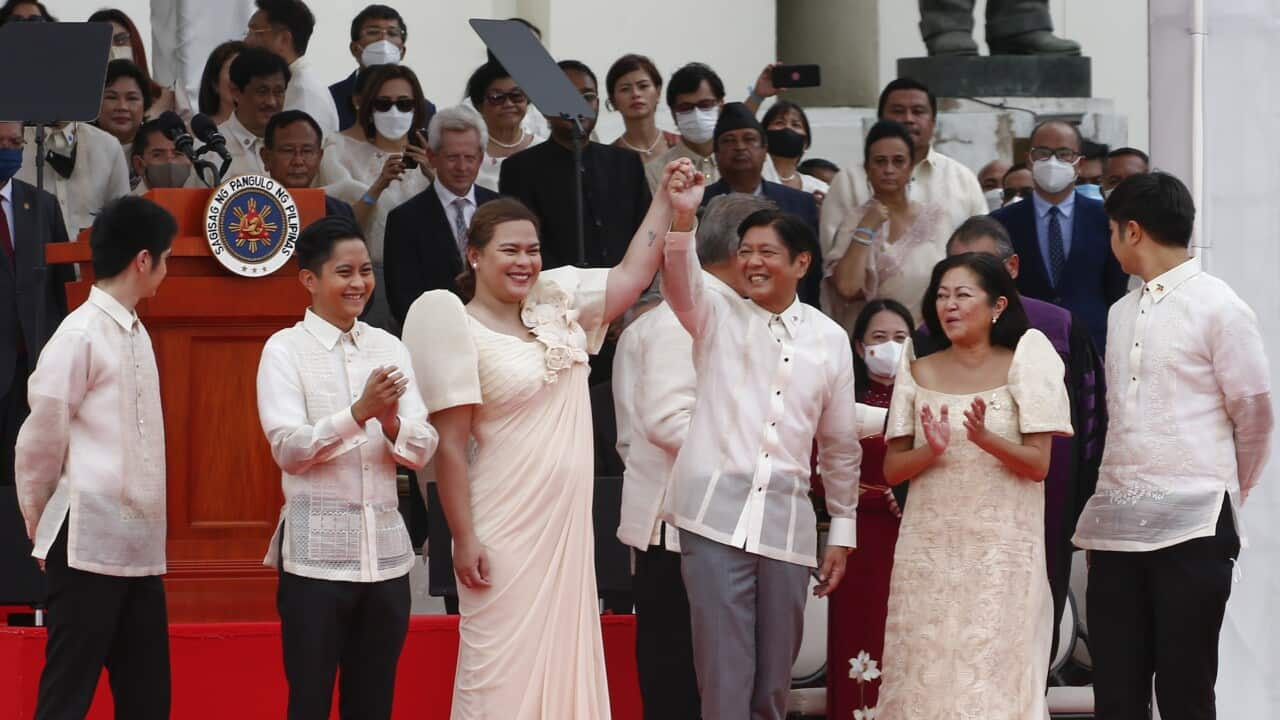Key Points
- Language learning can be both fun and engaging for children.
- Incorporating arts, songs, music, role plays, and even cooking into lessons can make learning a new language exciting for kids.
- For Amie Warburton, an art and Filipino teacher in Victoria, teaching the Filipino language goes beyond just vocabulary—it's also about fostering cultural awareness.
LISTEN TO THE PODCAST

Amie Warburton teaches Filipino as a language other than English in Victoria
25:18
Becoming a 'Language other than English' teacher
"My students enjoy the games, I have already taught them how to play patintero, and they love it. We also have some cooking lessons. The kids have learned how to cook turon, pansit bihon, sinangag (fried rice) and ube ice cream," Red Cliffs Primary School teacher Amie Warburton fondly shares.
It was in 2021 when Ms Warburton started teaching the arts and Filipino language at their school after years of being a school volunteer and receiving her Victorian Institute of Teaching Registration. She then became an Integration Aide and Casual Relief Teacher and became a full-time teacher in 2012.
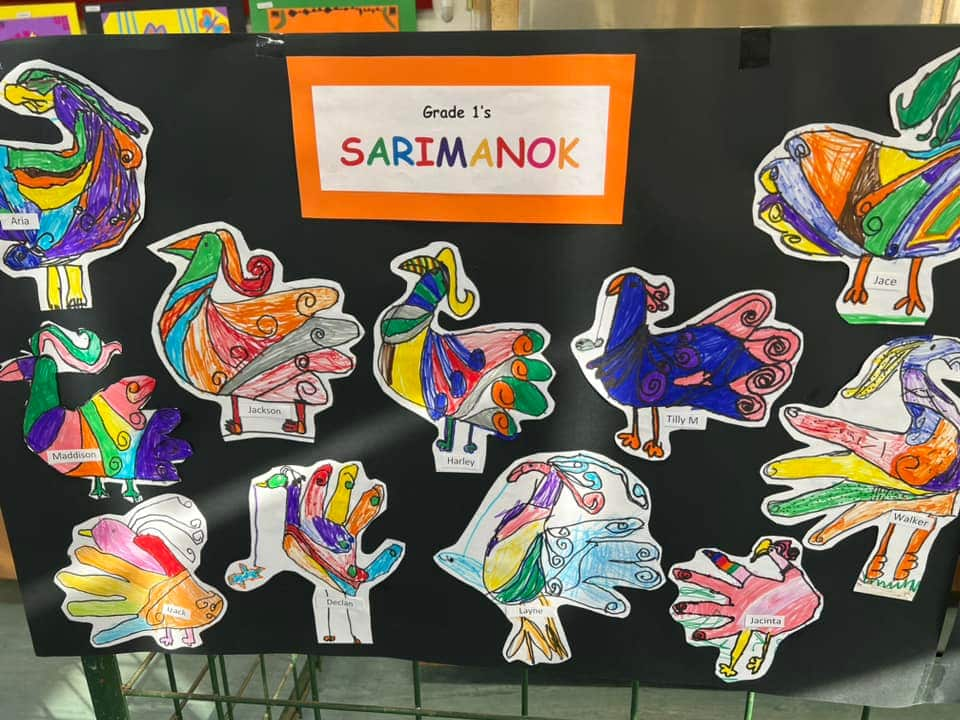
Making learning Filipino fun-filled and colourful with arts and crafts. Credit: Red Cliffs Primary School (Facebook)
"My students in Prep to Grade 2, we would usually do singing and action songs."
"For example, our lesson is about shapes and colours, we would use hands-on toys. It seems like it's all just a game, but they remember our lessons better," Amie explains.

Through arts, children at Red Cliffs Primary School also learn the Filipino language and culture. Credit: Supplied by Amie Warburton
As a LOTE teacher, Warburton says that it's important to choose subjects that are age appropriate for students in particular for her as she teaches children from Prep to Year 6.

Year 5 and 6 students enjoy learning Filipino through their cooking lessons with Teacher Amie. Credit: Red Cliffs Primary School (Facebook)
Aussie kids learning Filipino
"I'm so proud of my students, even those in Prep, who are engaged in every Filipino lesson that we do."
The teacher, who hails from Catanduanes in the Philippines, cannot contain the happiness she feels each day that her students are not only learning words in Filipino but are also interested in learning more about Filipino culture.
"I only have two half-Filipino students here in our school, there are also kids from other backgrounds but more than 90 per cent are Australians."
Teaching Filipino in their school is well-received by the community, especially the children's parents.
Her heart skips a bit every time "[S]ome parents would send me a message and say that every time their child comes home there is a new word they have learned at school and share with them."
For Ms Warburton, each Filipino class she does is an opportunity to teach the children about the language and enrich the students' understanding of the Filipino culture.

On their school's Grandparents' Day in June 2023, Amie Warburton put together an Art Show featuring her students art works. Credit: Red Cliffs Primary School
Exchange of learning between Australia and the Philippines
The Red Cliffs Primary School (RCPS) initiated their 'sister-school' partnership program last year. They had chosen a school in the Philippines that would help further cultivate the learning of the Filipino and English languages for Australian and Filipino kids.
Following a proposal from RCPS principal Luke Jeffers, Amie Warburton reached out to the officials at Manggahan Elementary School in Rodriguez, Rizal in mid-2023 to establish and seal a partnership between the two schools.
"We want to further strengthen the relationship between Australia and the Philippines through our school."

Red Cliffs Primary School teacher Amie Warburton (second from left) with their sister-school, Manggahan Elementary School's principal Theresa Sapan Francisco and teachers Malou Junsay and Austreliet Cablao. Credit: Amie Warburton
"It's also vice versa. The children in the Philippines can do the same, they can practice their English when they write to their Aussie friends."
Before moving to Australia in 2002, Amie Warburton was a teacher in the Philippines for more than 10 years, which is why this project is extra special to her as she continues to teach in Australia, especially the Filipino language.
